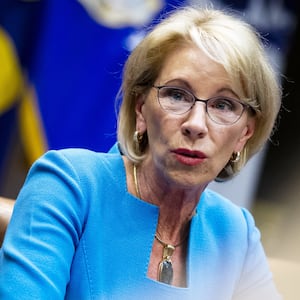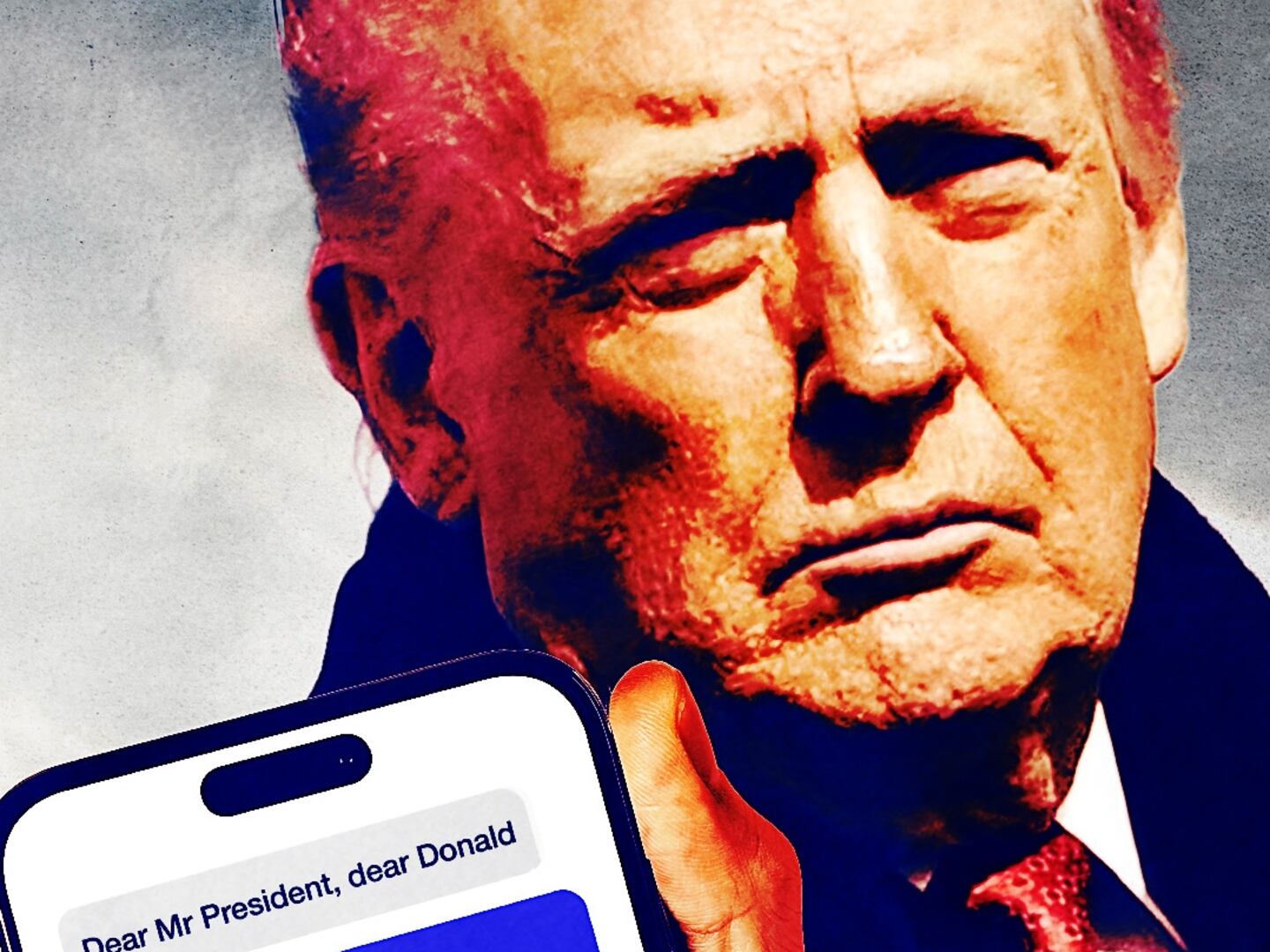This past Tuesday, while everyone was talking about Elijah Cummings and gearing up for the debates, Betsy DeVos’ Department of Education gave the for-profit educational sector some very good news: A few months after reinstating the Accrediting Council for Independent Colleges and Schools (ACICS), the group that certifies and polices many for-profit educational institutions, it seemed to give the failing accrediting group another pass.
The Obama administration had revoked the ACICS’s ability to accredit, thereby closing it because it somehow missed the signs when three large for-profits went bankrupt, leaving thousands of students burdened with massive debt and no path to complete their degrees.
This followed on the heels of DeVos’ June 28 repeal of an Obama-era rule called the gainful employment rule. The rule, promulgated in 2014, was designed to rate higher-ed programs based on how much economic security they delivered for graduates, and punish those that charged students too much and delivered too little. Most education reformers liked it, such as those affiliated with the Century Foundation, but for-profit schools hated it: In 2017, the first year that the ratings were released, 98 percent of the programs that didn’t meet the standards were run by for-profits.
These are just the two most recent examples of how the Trump/DeVos administration has been very, very good for this maligned sector. For-profits have seen significant stock price gains since 2016, mainly in anticipation of reversals or repeals of these unfriendly Obama-era policies and rules. Wealth managers are seeing a very bright future in the sector, mainly because of DeVos’ policies. And while the stock prices of these firms are on the rise, it might be students who will suffer.
Before Obama came along, for-profits were riding high. They occupied a relatively unregulated world, using access to federal financial aid and loans as their fuel. But when the Obama administration rules pumped their brakes, their business model fell apart.
The rules were not aimed at harming any sector, but rather were created in response to the poor performance of certain programs, rising public outcry over escalating costs, and the collapses of several for-profit institutions (such as the Corinthian Colleges chain), which left thousands of students with large student loan debts, no degree, no job prospects, and no path to completion. These rules protected students who took out loans and received federal financial aid to pay their tuition.
For-profit colleges have been fighting these rules since they were introduced. They claimed that the rules were biased and ideological, aimed at them based solely on their tax status. Steve Gunderson, president and CEO of the for-profit Career Education Colleges and Universities said that “the Obama Department of Education chose to use this basic concept as a vehicle to continue their ideological assault on our sector’s very existence.” If the rules continued, these low-performing for-profits stood to lose $6.2 billion as they would no longer have the right to dispense federal Pell grants, veterans’ benefits, and federally backed student loans.
In June 2017, an association of for-profit colleges sued to block the rule, while several states’ attorneys general counter-sued to let the rule continue, creating some confusion within the higher education community. Recently, several states have started to develop their own rules to step up where the federal government stepped down. While one could make a case for more localized (i.e. state) responsibility, we know that not all states will be as pro-active as possible. This leaves more confusion and a vacuum that benefits the for-profit industry, and would leave students less protected and more vulnerable.
DeVos, who has a long history and relationship with the for-profit sector, made the repeal of this rule one of her first priorities. She claims that what the Trump administration is doing is less a roll-back and more of a re-do or re-set, so that we can get this right. But either way, it seems like it will lead to a huge payday for the for-profit educational industry, as they can resume business as usual without fear of oversight. It also will harm the most vulnerable students.
Tressie McMillan Cottom, a higher-education scholar at Virginia Commonwealth University and author of Lower Ed: The Troubling Rise of For-Profit Colleges in the New Economy, has argued that “for-profit colleges… target and thrive off of inequality.” She points to the example of a student “who finishes with high debt or more debt than their salary can absorb—say, a nursing assistant. Or the student who doesn’t finish, perhaps the most vulnerable of all students. She has debt, no degree, and all the burdens that made her likely to attend a for-profit college in the first place. For these students, the problem of inequalities in access and outcomes is clearly a consequence of Lower-Ed’s expansion.” And DeVos seems hell-bent on expansion.
This matters for those students, but also because public faith and confidence in educational institutions are at a low point. This re-set can only lower confidence and have larger ripple effects across all of higher education as the disruption drives down quality across the board.
The return to the hyper-aggressive recruiting strategies of the for-profits will also put pressures on the smaller, private, not-for-profit institutions who compete for the same students. These smaller not-for-profit colleges tend to serve lower-income students well and have extremely positive results. In the end, repeal of the gainful employment rule could lead to more closures of colleges as they rush to gain profits as quickly as possible, more debt for students, and a shakier path to the middle class. What it certainly will lead to is increases in the share prices of the for-profit institutions, paid for by public funding.
Education is supposed to have both an individual and public good. DeVos’ reversal ignores both. This should worry us all.







